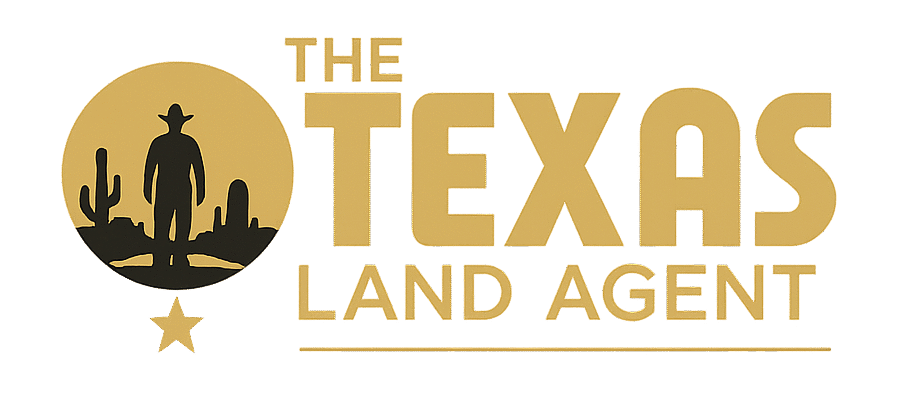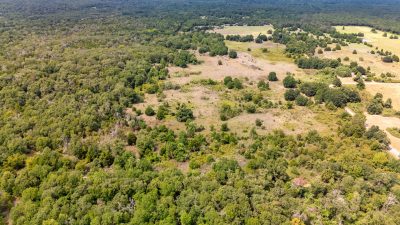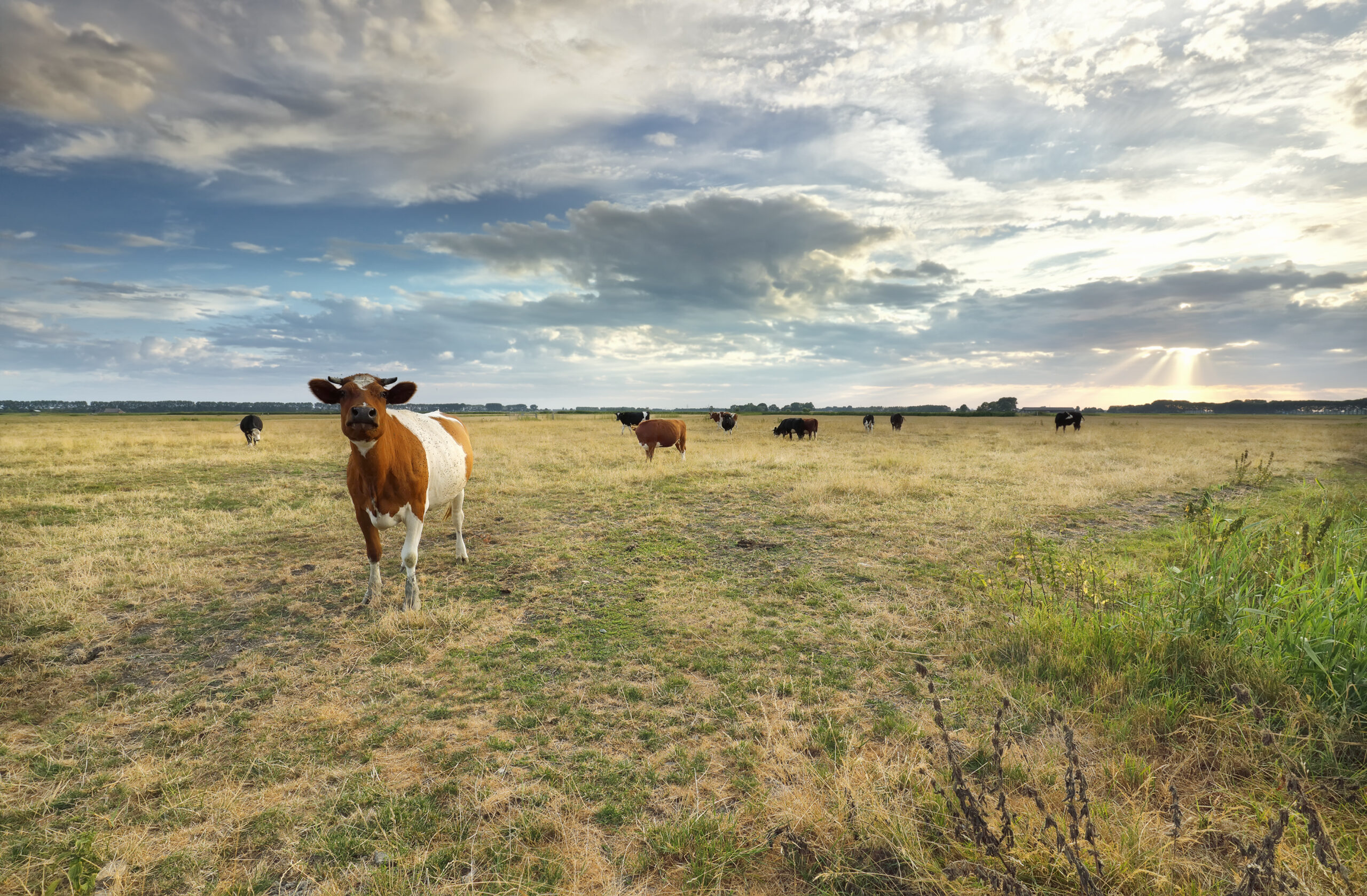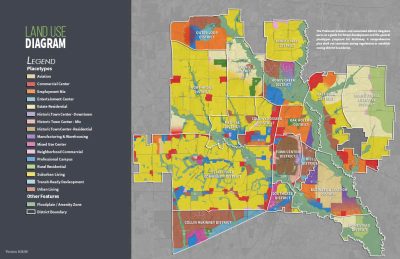Purchasing land in Texas can be one of your most rewarding investments. With its vast landscapes, thriving economy, and potential for development, Texas offers incredible opportunities for prospective landowners. Whether you’re looking to build a home, start a ranch, or invest in commercial property, understanding the process is crucial to avoid pitfalls and maximize your investment … we will cover how to buy land in Texas.
In this guide, we’ll cover everything you need to know about buying land in Texas, from legal considerations to financing options.
Why Buy Land in Texas?
Texas is a prime location for land investments due to its economic growth, diverse geography, and relatively low land costs compared to other states. Here’s why buying land in Texas makes sense:
• Diverse Opportunities: From agricultural fields to urban plots, Texas offers a wide range of land types.
• Economic Growth: With industries like technology, energy, and real estate booming, owning land here is a future-proof investment.
• Low Taxes: Texas has no state income tax, making it an attractive option for investors.
Understand Your Purpose for Buying Land
Before you begin, determine why you’re purchasing the land:
• Residential Use: Are you planning to build your dream home?
• Agricultural Use: Do you want to use the land for farming or ranching?
• Commercial Development: Are you looking for land to develop or lease for business?
• Investment Potential: Are you buying land purely as an investment to resell later?
Your purpose will guide your search and influence factors like location, zoning laws, and utility requirements.
Researching Land Types in Texas
The Lone Star State has various land types suited for different purposes:
• Agricultural Land: Ideal for farming and livestock, often located in rural areas.
• Residential Land: Plots for single-family homes, often found near cities or suburban areas.
• Timberland: Perfect for forestry and wood production.
• Commercial Land: Designed for business and industrial development.
Knowing the type of land you need will narrow your search and save time.

Find the Right Location
Texas is massive, and location matters. Here are key factors to consider:
• Accessibility: Ensure the land is close to major roads, schools, or urban centers.
• Utilities: Check if the land has access to electricity, water, and internet.
• Zoning Regulations: Research local zoning laws to confirm the land is suitable for your intended use.
• Climate and Terrain: Consider the environmental factors, such as flood zones or soil quality.
Some popular areas in Texas for land purchases include:
• Hill Country: Known for its scenic beauty and residential developments.
• West Texas: Offers vast, affordable plots for ranching and farming.
• Dallas-Fort Worth Metroplex: Ideal for commercial and residential investments.
How to Evaluate the Land
Never buy land without proper evaluation. Here’s how to ensure it’s a worthy investment:
• Land Survey: Hire a professional to define property boundaries and avoid disputes.
• Soil Testing: Test the soil quality if you plan to build or farm.
• Environmental Assessments: Check for contamination or protected wildlife areas.
• Title Search: Verify ownership and check for liens or disputes.
Understand Texas Land Laws
Texas land laws can be complex, so familiarize yourself with these key aspects:
• Homestead Laws: Protect landowners from creditors in certain situations.
• Mineral Rights: Ensure you know who owns the mineral rights beneath your property.
• Easements: Be aware of any rights others may have to use portions of your land.
Consulting a real estate attorney can help you navigate these legalities smoothly.
How to Finance Land in Texas
Buying land often requires different financing options compared to buying a home. Common options include:
• Traditional Loans: Some banks and credit unions offer loans specifically for land.
• Owner Financing: Directly negotiate with the seller for payment terms.
• Texas Veterans Land Board: A special program for veterans to buy land at low-interest rates.
• Down Payments: Be prepared for higher down payments, often 20-50% of the land’s value.
Key Steps to Buy Land in Texas
Follow these essential steps for a seamless purchase process:
1. Set a Budget: Calculate what you can afford, including closing costs and development expenses.
2. Choose a Real Estate Agent: Partner with an agent experienced in Texas land sales.
3. Visit Properties: Tour potential land parcels to inspect their condition and surroundings.
4. Make an Offer: Submit a competitive offer to the seller based on market research.
5. Close the Deal: Work with a title company to finalize paperwork and transfer ownership.
How to Negotiate Land Prices
When negotiating, consider these strategies:
• Market Comparisons: Use comparable sales data to justify your offer.
• Land Condition: Highlight any issues like poor soil or lack of utilities.
• Cash Offers: Sellers may be more flexible if you’re paying in cash.
Things to Avoid When Buying Land in Texas
Steer clear of these common mistakes:
• Skipping Due Diligence: Always perform thorough research before buying.
• Ignoring Zoning Laws: Verify land use restrictions beforehand.
• Underestimating Costs: Account for development, permits, and ongoing maintenance.
FAQs
What are the property taxes like in Texas?
Property taxes in Texas can vary by county. Rates typically range between 1.5% to 2.5% of the land’s value.
Can I buy land in Texas as a non-resident?
Yes, Texas allows non-residents and even foreign nationals to purchase land.
How much does an acre of land cost in Texas?
The price per acre varies depending on location and land type, ranging from $2,000 in rural areas to $50,000 or more near cities.
Are mineral rights included in land purchases?
Not always. Ensure the seller clarifies whether mineral rights are part of the deal.
Can I finance land purchases in Texas?
Yes, financing options are available through banks, owner financing, or specialized programs like the Texas Veterans Land Board.
What is the first step to buying land in Texas?
The first step is determining your purpose for the land and setting a realistic budget.
Conclusion
Buying land in Texas is a significant investment that requires careful planning and research. From understanding your purpose to navigating legalities and financing, each step plays a vital role in securing the right property. By following this guide, you’ll be well-equipped to make an informed decision and achieve your goals as a proud Texas landowner.
Some Great Resources:
- Texas AgriLife Extension – Great resources about the rural and agricultural of Texas
- Texas Veterans Land Board – For our Texas Veterans to obtain a land loan with a 5% down payment.
A
•
•




